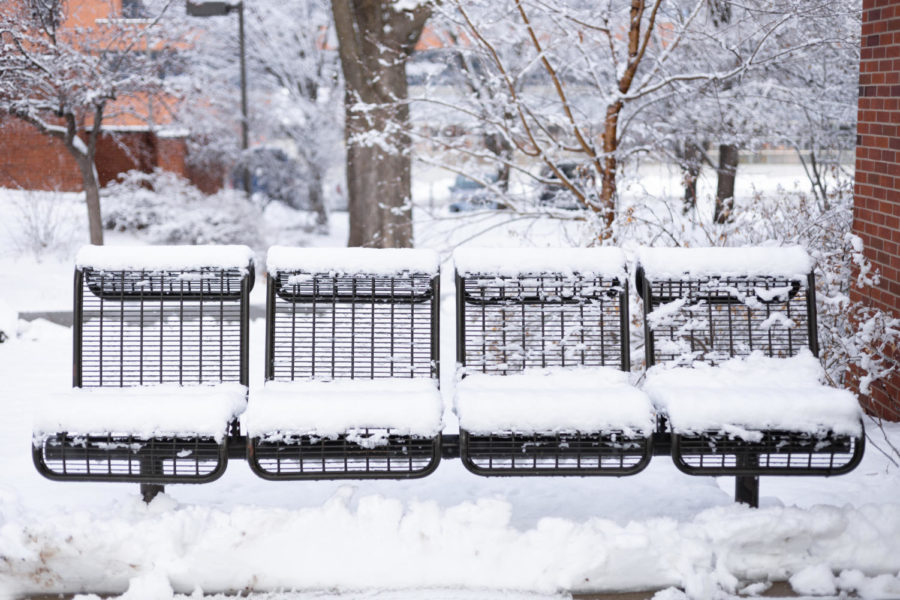Administration seeks harsher consequences for property destruction
May 17, 2004
ISU President Gregory Geoffroy said Iowa State is weighing an automatic expulsion policy for students engaged in property destruction.
Geoffroy’s proposal comes after an April 18 riot in Campustown resulted in numerous arrests, more than $100,000 in damages and the cancellation of the 2005 Veishea celebration.
“We want to make sure what is in place now is specific enough to handle these situations,” Geoffroy said.
At the moment, students charged with misconduct first undergo a hearing through the Office of Judicial Affairs before disciplinary action is taken. That hearing would be bypassed as a result of one the changes being considered.
“Currently, there are no circumstances where consequences are automatic,” said Pete Englin, dean of students.
One administration goal, Englin said, is to clarify before incidents occur what penalties students will face.
It isn’t clear what specific offenses would prompt an automatic expulsion.
“The intent is to be very up front about institutional expectations [and] to assist students in making good decisions,” Englin said.
One intention of the new penalty is deterrence. The automatic expulsion clause would attempt to turn students away from misbehavior, Englin said.
“We want to explore how to create an environment where students say, ‘We just don’t do that,'” he said.
“The hope is there is no possibility for a disturbance. Whatever that requires, folks may want to look at.”
No disciplinary policies will change this summer, although the recently formed Veishea task force is also considering the matter and is expected to have a recommendation by Nov. 30.
“No discussions will take place until students are back in the fall,” Geoffroy said.
Drew Miller, member of the Veishea task force, said he is skeptical of the new proposal.
“It’s important to have some semblance of due process for any student accused of criminal behavior,” Miller said.
Although he said he did not like the proposed sanctions, Miller agreed that some kind of action was needed to prevent future problems and also to mend ties with the Ames community.
“We need to look into a lot of possible solutions to keep this from happening, but we need to do it without hurting someone from the student body,” he said.






